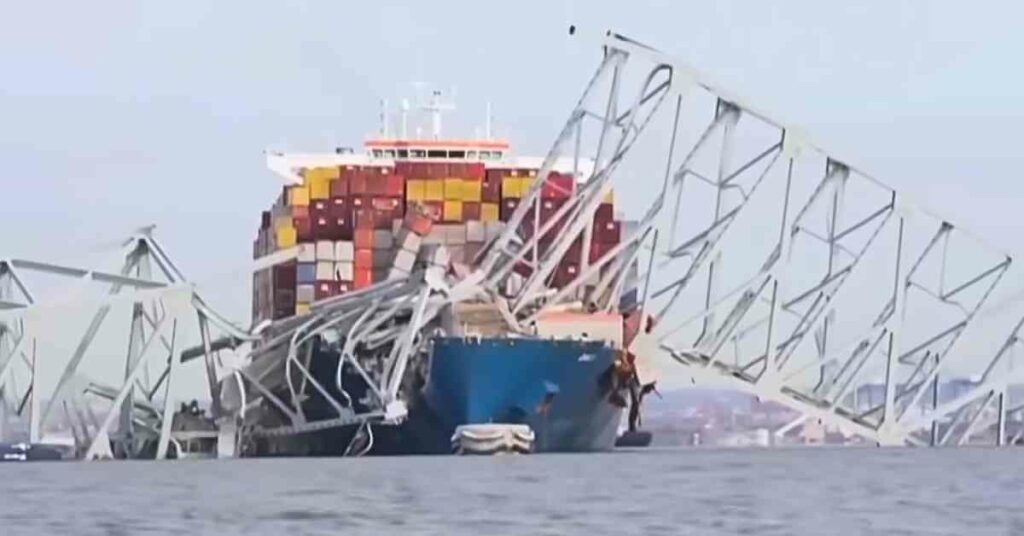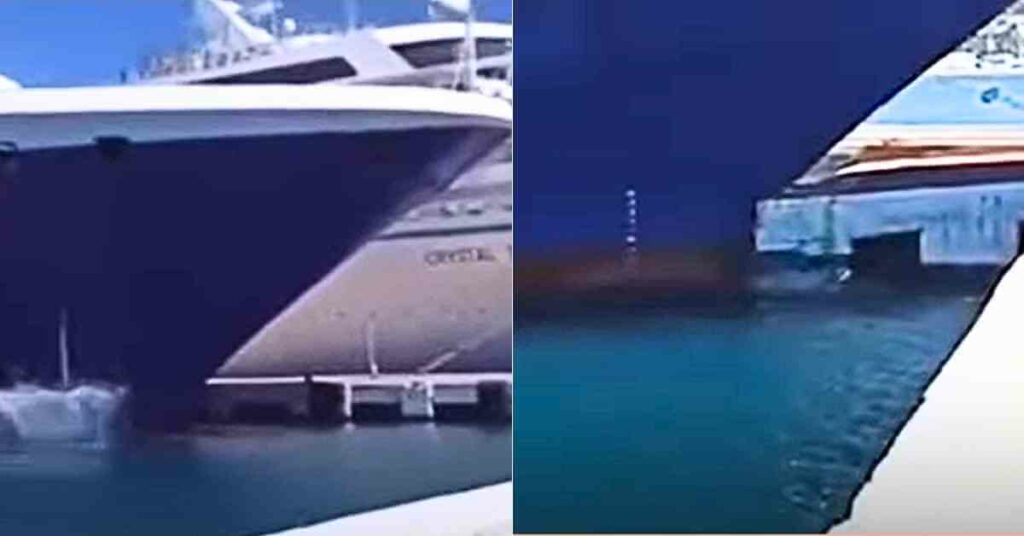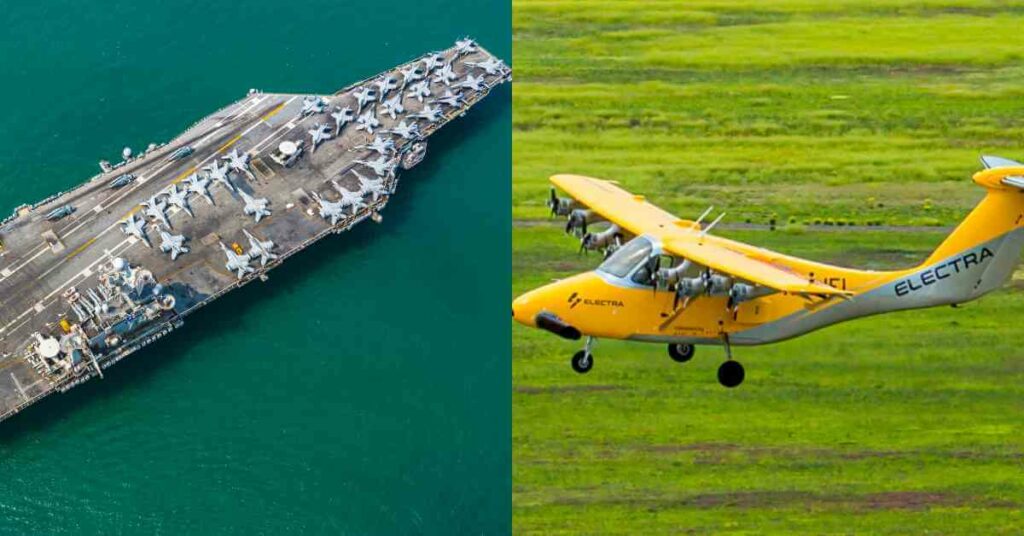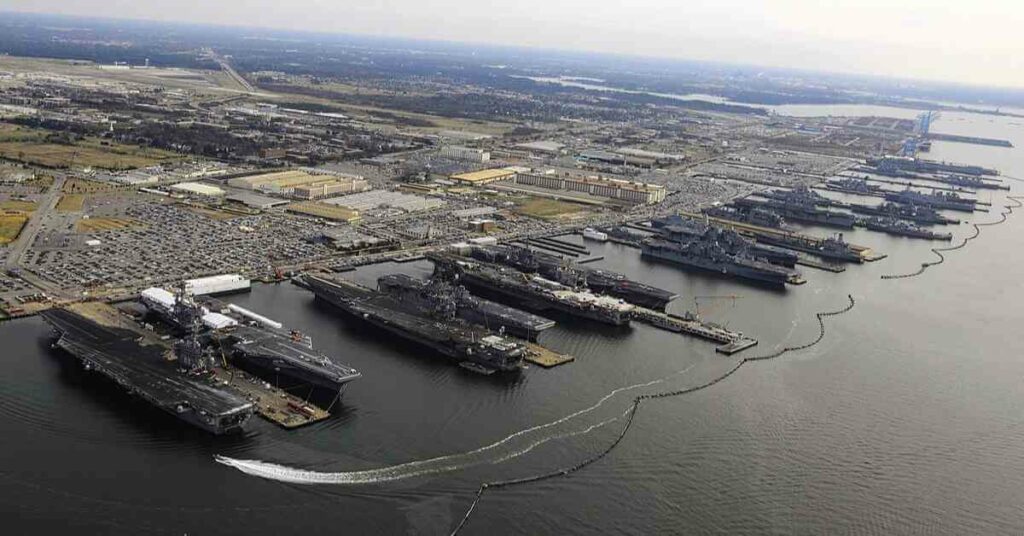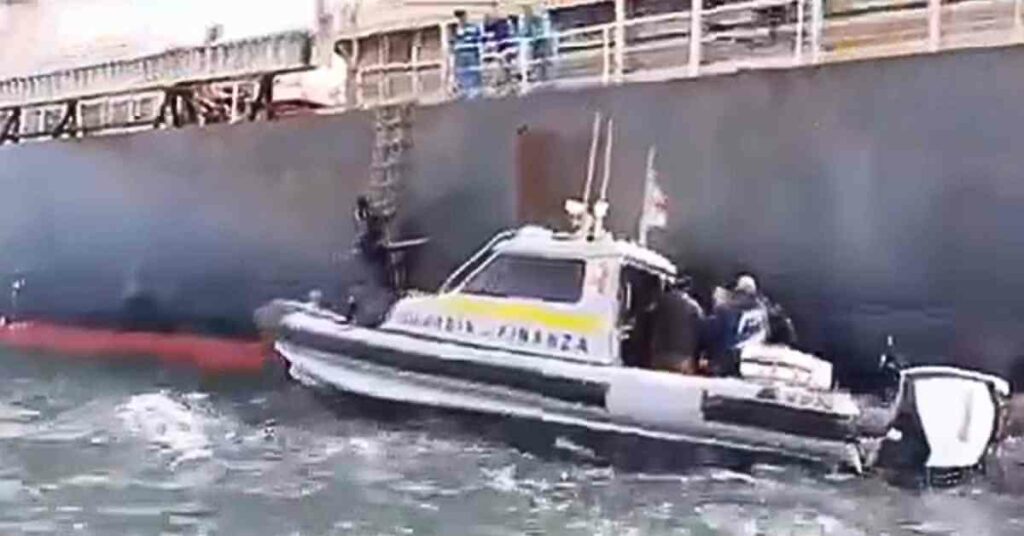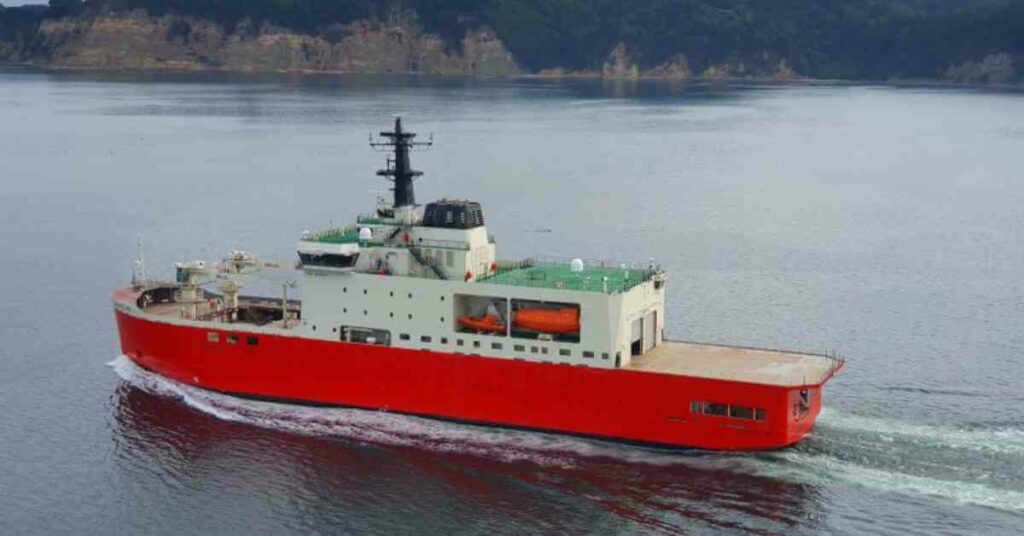OCIMF Publishes F(P)SO Heading Control Guidelines
The Oil Companies International Marine Forum (OCIMF) has released a new information paper, F(P)SO Heading Control Guidelines. The information paper provides recommendations to safely manage heading control operations of turret moored Floating (Production) Storage and Offloading (F(P)SO) facilities. F(P)SO heading control operations are undertaken to enable surveys, installation works, maintenance works, and associated F(P)SO operations, often while the facility remains in operation, and are exposed to a wide range of hazards.
OCIMF has developed the F(P)SO Heading Control Guidelines as previous incidents during heading control operations have shown a need for greater awareness amongst personnel of both the risks associated with these operations and the precautions that can be taken.
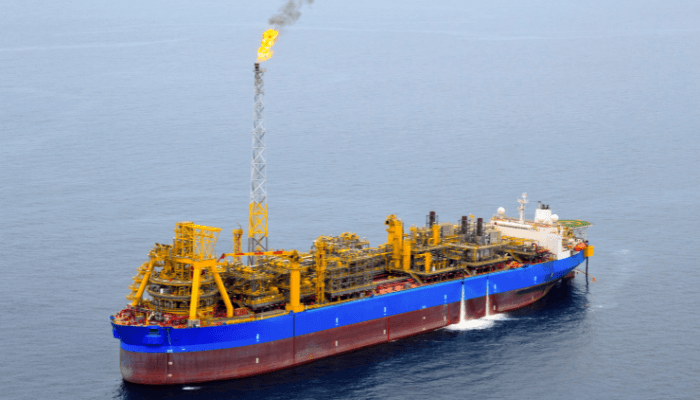
In particular, the authors note that, in past incidents, insufficient consideration has been given to the operational limits at which operations should be suspended or aborted. An underestimation of bollard pull requirements to maintain a defined heading has also led to the loss of position, endangering operations that require heading control, including diving activities.
The heading control assurance activities outlined in OCIMF’s F(P)SO Heading Control Guidelines aim to reduce these risks and improve heading control operations.
Robert Drysdale, Managing Director of OCIMF, comments:
“In the past, incidents during heading control operations have highlighted that an insufficient level of consideration has been given to the wide range of safety and operational risks that can be encountered during these complex and highly variable operations. This obviously poses a very real risk of harm to people and the environment, which we hope can be prevented by all relevant personnel familiarising themselves with these newly published guidelines and adopting the recommendations given.”
The information paper provides guidance on the risks and consequences of loss of F(P)SO heading control, outlines heading control assurance guidance and details potential hazards as well as F(P)SO redundancy measures. The guidance also covers crew training and competency considerations, requirements for F(P)SO deck equipment, Heading Control Tug (HCT) suitability and communications procedures.
To improve the management of heading control operations, the information paper also includes an assurance tool and a standard methodology to calculate the bollard pull requirements for HCTs. The methodology has been developed in close cooperation with the Maritime Research Institute Netherlands (MARIN).
The information paper supplements OCIMF’s Cargo Guidelines for F(P)SOs and should be read along with the relevant guidance for F(P)SO heading control.
The paper is available and free to download from www.ocimf.org
Press Release
Disclaimer :
The information contained in this website is for general information purposes only. While we endeavour to keep the information up to date and correct, we make no representations or warranties of any kind, express or implied, about the completeness, accuracy, reliability, suitability or availability with respect to the website or the information, products, services, or related graphics contained on the website for any purpose. Any reliance you place on such information is therefore strictly at your own risk.
In no event will we be liable for any loss or damage including without limitation, indirect or consequential loss or damage, or any loss or damage whatsoever arising from loss of data or profits arising out of, or in connection with, the use of this website.
Disclaimer :
The information contained in this website is for general information purposes only. While we endeavour to keep the information up to date and correct, we make no representations or warranties of any kind, express or implied, about the completeness, accuracy, reliability, suitability or availability with respect to the website or the information, products, services, or related graphics contained on the website for any purpose. Any reliance you place on such information is therefore strictly at your own risk.
In no event will we be liable for any loss or damage including without limitation, indirect or consequential loss or damage, or any loss or damage whatsoever arising from loss of data or profits arising out of, or in connection with, the use of this website.
Do you have info to share with us ? Suggest a correction
About Author
Marine Insight News Network is a premier source for up-to-date, comprehensive, and insightful coverage of the maritime industry. Dedicated to offering the latest news, trends, and analyses in shipping, marine technology, regulations, and global maritime affairs, Marine Insight News Network prides itself on delivering accurate, engaging, and relevant information.

About Author
Marine Insight News Network is a premier source for up-to-date, comprehensive, and insightful coverage of the maritime industry. Dedicated to offering the latest news, trends, and analyses in shipping, marine technology, regulations, and global maritime affairs, Marine Insight News Network prides itself on delivering accurate, engaging, and relevant information.
Latest Shipping News Articles You Would Like:
Subscribe To Our Newsletters
By subscribing, you agree to our Privacy Policy and may receive occasional deal communications; you can unsubscribe anytime.




